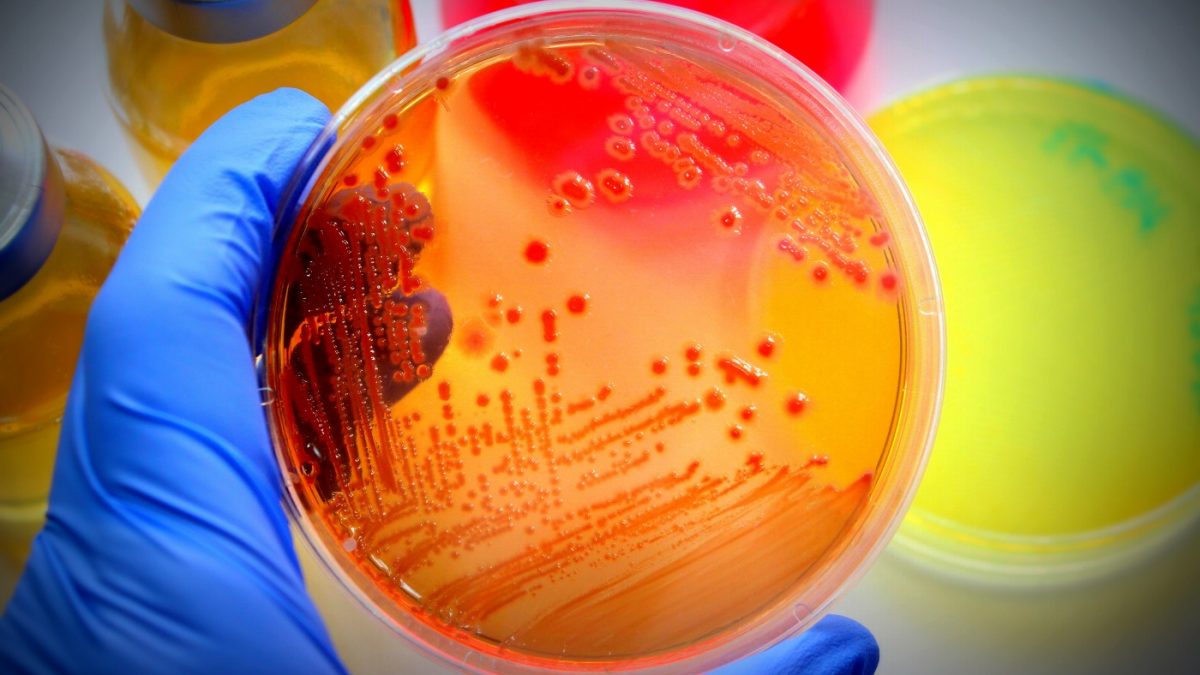The first genome sequence laboratory in Mumbai is designed to break code of Covid
21 September, 2021 | Pragati Singh

Vidushi Chitalia, thirty-year-old research scientist, loads a cartridge to a large screen sequencing machine. The card contains everything needed for the sequence of genomes — 20 microliters of bar...
Vidushi Chitalia, thirty-year-old research scientist, loads a cartridge to a large screen sequencing machine. The card contains everything needed for the sequence of genomes — 20 microliters of barcoded genetic samples made by Covid-positive people pooled into a small chamber.
It took the team, which included Reem Nomani (26), and Sanika Shirsat (26) research assistants, three days to prepare the samples which made them in the machine: In the first time a selected bunch of swabs from Covid positive persons in Mumbai have been taken to inactivate the virus on the Biosafety Level 2 area, the RNA or Ribonucleic acid (which translates genetic material to protein) have been extracted and converted into the additional dioxyribonucleic acid (cDNA). These were marked with linker sequences, cleaned of all contaminations and barcoded for the machine to help connect the samples for additional steps such as barcode, a white box that was slightly larger than a microwave.
These sequencing will help identify the variants of the Sars-CoV-2 virus. And great care has been taken to select which ones will make it into the sequencer. The samples were taken from travellers arriving at the city airport, patients who had moderate to severe infection after receiving both doses of the vaccine, people who had been re-infected with Covid and those who were admitted in an Intensive Care Unit for a prolonged period of time.
“We want to focus on certain categories of patients to understand how variants impact the nature of the infection,” said Dr Jayanthi Shastri, who is at the helm of the genome sequencing facility housed inside the Kasturba Hospital’s molecular diagnostic laboratory. The lab, which works under the civic-run BYL Nair Hospital, has been operational since 2007 to study pathogens causing H1N1, dengue, and leptospirosis, among other diseases.
Last week, a batch of 376 samples of Covid-19 patients was processed and the Brihanmumbai Municipal Corporation (BMC) announced that 304 samples tested positive for the Delta subtype of the Covid-causing Sars-Cov-2 virus. None tested positive for the Delta Plus variant, a variant of concern (VOC) in India. Two samples were of the 19A subtype, four were of the 20A subtype and the remaining 66 were original strain of the coronavirus.
This was the second batch to be studied in what is Mumbai’s first facility to study the Covid disease-causing virus. The work being done here is crucial: it will help address the gaps in our understanding of the pandemic. For instance, do variants of the virus, such as the Delta variant prevalent in Mumbai and the rest of the state, play a role in breakthrough infections, re-infections or long Covid? This in turn would help civic and state authorities to decide the best course of action.
“If the SARS-CoV-2 continues to thrive, it will keep mutating,” said infectious disease specialist Dr Om Shrivastav, who is also a member of Maharashtra’s Covid-19 task force. “Genome sequencing will be our key tool to track the mutations and prepare strategies to tackle them. The changes in the virus could be more vicious or milder, but having that knowledge is the only way to combat it and stop it from spreading rapidly,” he said.
The laboratory, which was inaugurated on August 4, is not part of the Indian SARS-CoV-2 Genomics Consortium (INSACOG) — a network of 28 laboratories across the country tasked with studying the genomes of the various variants that emerge through the course of the pandemic — but its work contributes to the larger knowledge base being created about the coronavirus and its variants.
The second batch mimicked the findings from the first: A few days after its inauguration, 188 barcoded samples were sequenced. The BMC announced that nearly 65% of these samples had the more contagious B.1.617.2 or the Delta variant. None of the 188 samples tested positive for the Delta Plus variant. Out of the 93 patients from Mumbai in the first batch, 54 had needed hospitalisation, while 40 patients showed no symptoms at all. Of the Mumbai cohort, 27 patients had taken both doses of their vaccine, and 20 had received their first dose. Only four patients out of those who had been fully vaccinated needed oxygen support.
India is currently sequencing only 0.7% of the positive samples, Shrivastav said. “Ideally, for a dense country like ours, we should be sequencing at least 33% samples. Europe, UK, parts of Australia and New Zealand have been doing a lot more sequencing,” he said adding that cities like Mumbai should have many more genome sequencing facilities.
The genome sequencing process is a lengthy one. Smaller portions of the Covid-19 samples known as aliquots collected from across the city arrive at the laboratory every day in a cold chain. These samples are stored at –80 degrees Celsius to ensure that the RNA does not degrade during the process. The sequencer — Kasturba facility has two such machines — has a capacity of 376 samples each. In order to utilise the machine optimally, the team waits till they have a pool of 376.










